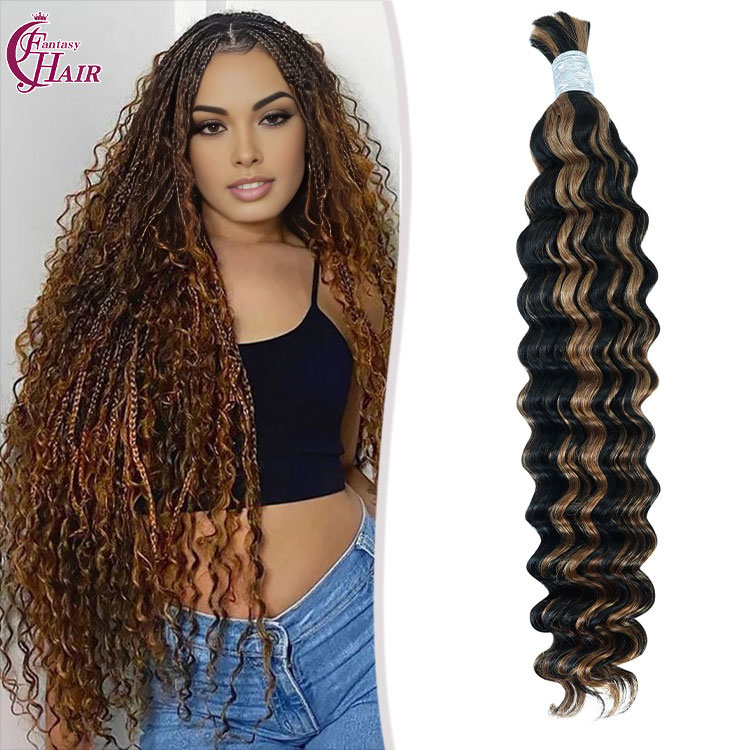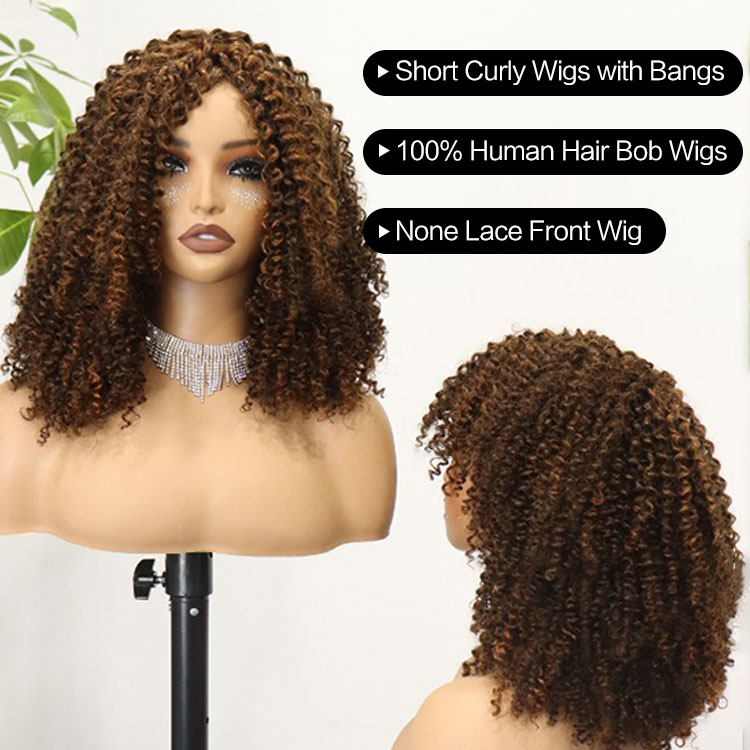Hair extensions have become a ubiquitous accessory in the world of beauty and fashion, allowing individuals to transform their look instantly. The demand for high-quality hair extensions has surged, leading to a proliferation of suppliers in the market. Selecting the right hair extensions supplier is crucial for both businesses and consumers to ensure they receive a product that meets their expectations in terms of quality, reliability, and ethical standards. This guide will explore the key factors to consider when choosing a hair extensions supplier and how to navigate the complex landscape of this industry.
The Importance of Quality in Hair Extensions
Quality is the cornerstone of the hair extensions market. High-quality extensions not only look more natural but also last longer, providing better value for money. Here are some aspects of quality to consider:
- Hair Type: Hair extensions come in various types, including virgin, Remy, and non-Remy hair. Virgin hair is the most sought-after as it is unprocessed and collected from a single donor.
- Texture and Color: A reputable supplier will offer a range of textures and colors to suit different client needs, ensuring that the extensions blend seamlessly with the user’s natural hair.
- Craftsmanship: The construction of the extensions, including the wefting and bonding, should be of the highest standard to prevent shedding and matting.
Evaluating Supplier Reliability
Reliability is another critical factor when choosing a hair extensions supplier:
- Consistency: A reliable supplier will provide consistent quality with every order, ensuring that businesses can trust the products they receive.
- Timely Delivery: Timeliness is crucial, especially for businesses that rely on stock availability. A supplier that consistently delivers on time is invaluable.
- Customer Service: A good supplier will offer excellent customer service, addressing any concerns or issues promptly and professionally.
Ethical Sourcing and Sustainability
Ethical sourcing and sustainability are increasingly important in the hair extensions industry:
- Donor Consent: Ethical suppliers ensure that all hair is sourced with the full consent of the donors and that the collection process is respectful of their rights.
- Sustainable Practices: Suppliers should adhere to sustainable practices, reducing waste and ensuring that the production process has a minimal environmental impact.
- Certifications: Look for suppliers that hold certifications from ethical and sustainable sourcing organizations, as these are indicators of their commitment to responsible practices.
The Role of Technology and Innovation
Technology and innovation play a significant role in the hair extensions market:
- Advanced Processing: Suppliers that use advanced processing techniques can offer higher quality extensions that are less prone to damage and have a longer lifespan.
- Customization: Technological advancements allow for greater customization in hair extensions, enabling suppliers to meet specific client requests.
- Research and Development: Investment in research and development ensures that suppliers stay ahead of market trends and can offer the latest innovations in hair extensions.
Global Sourcing and Market Reach
The global nature of the hair extensions market means that suppliers often source and distribute products worldwide:
- International Standards: A supplier with a global reach should adhere to international standards and regulations, ensuring the safety and quality of their products.
- Cultural Adaptability: Suppliers that understand and cater to different cultural preferences and trends can offer more relevant products to a diverse market.
- Logistics Expertise: Global sourcing requires expertise in logistics to ensure efficient and cost-effective distribution.
Navigating Market Challenges
The hair extensions market presents several challenges that suppliers must navigate:
- Intense Competition: The market is highly competitive, requiring suppliers to differentiate themselves through quality, service, and innovation.
- Regulatory Compliance: Compliance with international regulations is mandatory, and suppliers must stay informed about changes in laws and standards.
- Market Saturation: As the market becomes more saturated, suppliers must focus on building brand loyalty and customer trust.
Conclusion
Choosing the right hair extensions supplier is a critical decision that can significantly impact the success of a business or the satisfaction of an individual consumer. By prioritizing quality, reliability, ethical sourcing, and innovation, one can navigate the complex hair extensions market with confidence. A reputable supplier will not only offer high-quality products but also contribute to the growth and sustainability of the industry, ensuring that consumers have access to the beautiful, natural-looking hair extensions they desire.





